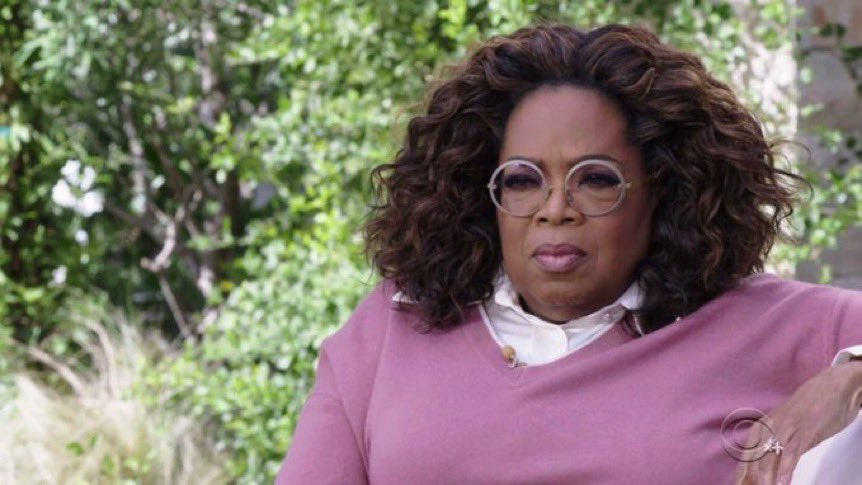
I am using my favourite highlighters and fineliners to read your article, @I_Solorio 😊 

I thinking this should count as one of my #AICCSED articles-to-read-and-annotate. 

#AICCSED row for March 11th, 2021. I am going to have to go back and check which days I missed, I've been doing plenty of reading. 

March 10th, I meant (I read this last night!)
• • •
Missing some Tweet in this thread? You can try to
force a refresh















